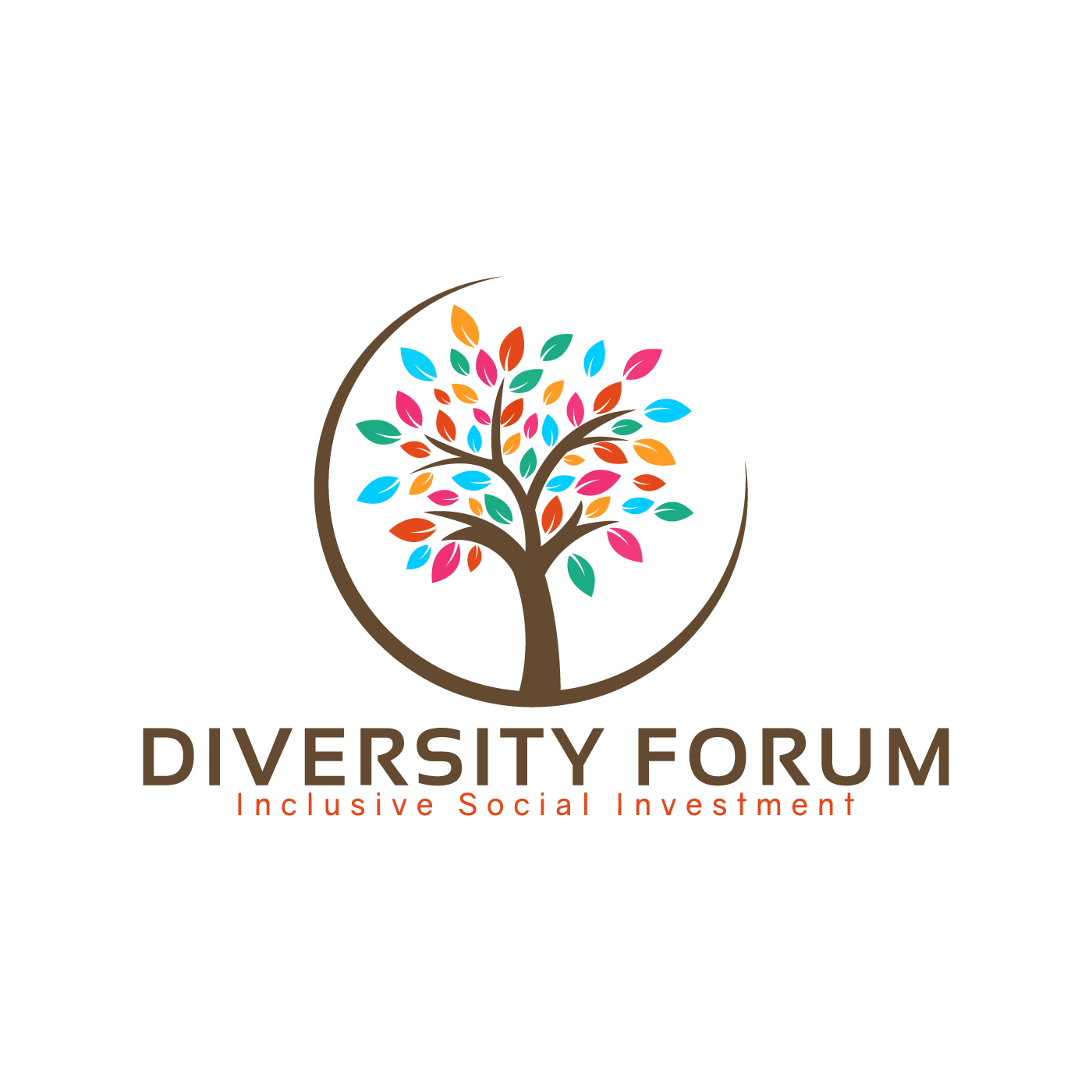Credit Union: Credit leaders that inspire
21 February 2020.
The Diversity Forum hosted its first breakfast talk on Lived Experience Leadership with Baljeet Sandhu on Friday morning on 21st February, in London. Baljeet is a human rights lawyer, innovator and educator. As a 2017 Yale World Fellow she supported the development of the Tsai Centre for Innovative Thinking at Yale University, and in 2018 founded the Knowledge Equity Initiative and developed the Neighbour in Residence programme. She has recently joined Oxford University to continue the work as a visiting fellow at the Skoll Centre for Social Entrepreneurship at the Said Business School.
The talk began with Baljeet stressing the many benefits of valuing the power of lived experience leadership and highlighting that many social innovations that have made the world the world it is today have often been crafted by people who have direct fist-hand experience of the social problem they are addressing (lived experience).
Just like other social leaders, lived experience leaders want to make a positive impact on their communities and society in general. But what makes these leaders exceptional is that they are using invaluable knowledge, insight and understanding that they have gathered from years of lived experience to inform their social purpose work. The wisdom they activate through their lived experiences, often in combination with their learned and practice experience, can be compelling. Bringing people with lived experience into different parts of the social investment process can be transformational and positively impact the lives of people that funds are aimed at serving in the first place.
There are, however, significant structural, systemic and cultural barriers that hamper the ability of lived experience leaders to flourish and recognition and celebration of these leaders has often been neglected. Leaders with lived experience have minimal access to opportunity as well as visibility. Instead we see that technical and learned knowledge continue to dominate the social investment sector, behaviour and actions. As a result, many lived experience leaders feel isolated, undervalued and excluded from social sector operations and we are all losing out on valuable wisdom necessary for innovation to address systemic problems across society and our planet.
But what does valuing lived experience actually mean? A starting, and perhaps most important point is recognising that lived experience leaders are already creating, innovating and finding solutions to society’s biggest problems. They just need and deserve to be recognised, credited and resourced. Instead the ideas and efforts of lived experience leaders are often co-opted, appropriated or watered-down by those who have power. If we want a whole movement and not just fragmented well intentions, we need to start naming, crediting and valuing lived experience leaders who inspire us. To work alongside these leaders meaningfully and equitably.
It is not simply a moral imperative for the social investment sector to include and credit lived experience leaders, there are economic and social imperatives to do so. Supporting and including lived experience leaders in decision making and innovation will not only help wider community cohesion, it will also ultimately transform the social investment sector by generating new ideas and social interventions that benefit everyone and not just the few. Indeed, the pressing social and environmental problems of our generation demand it.

